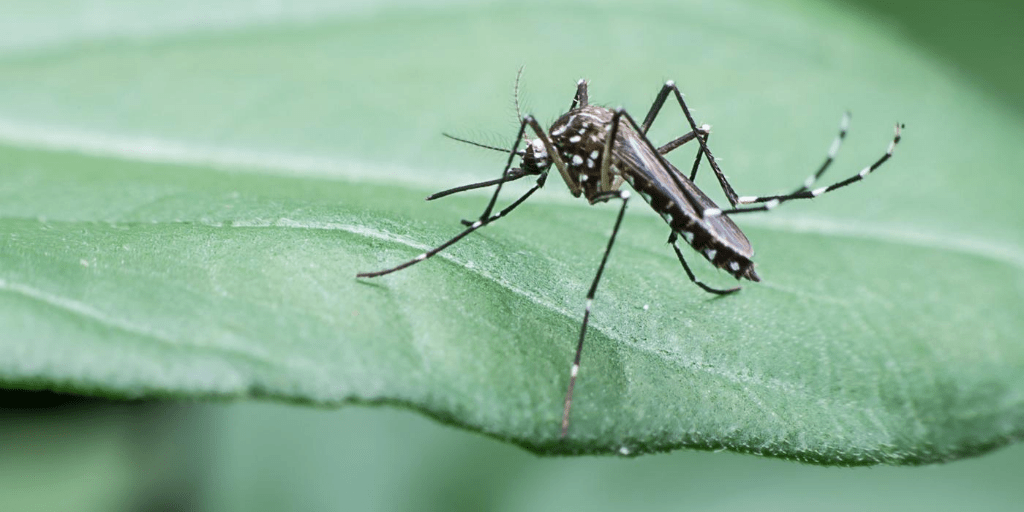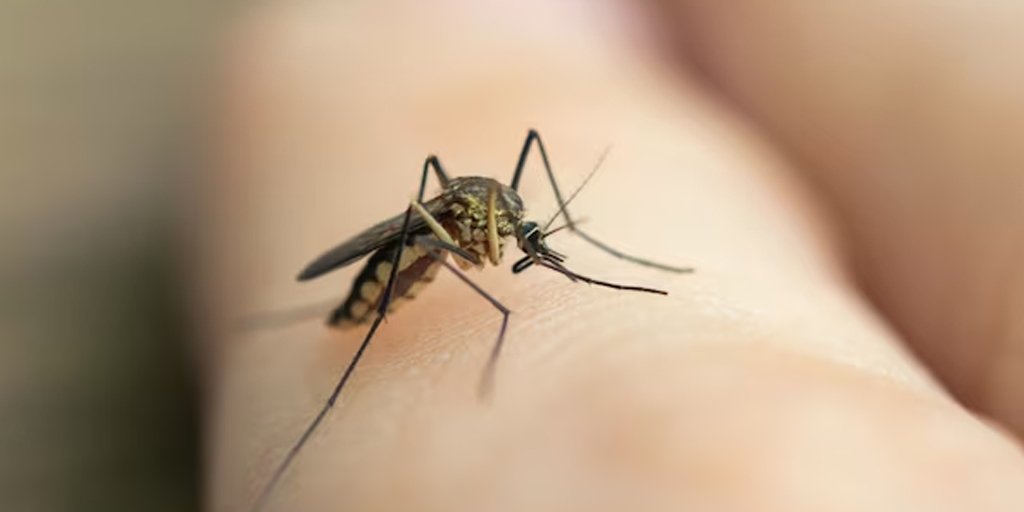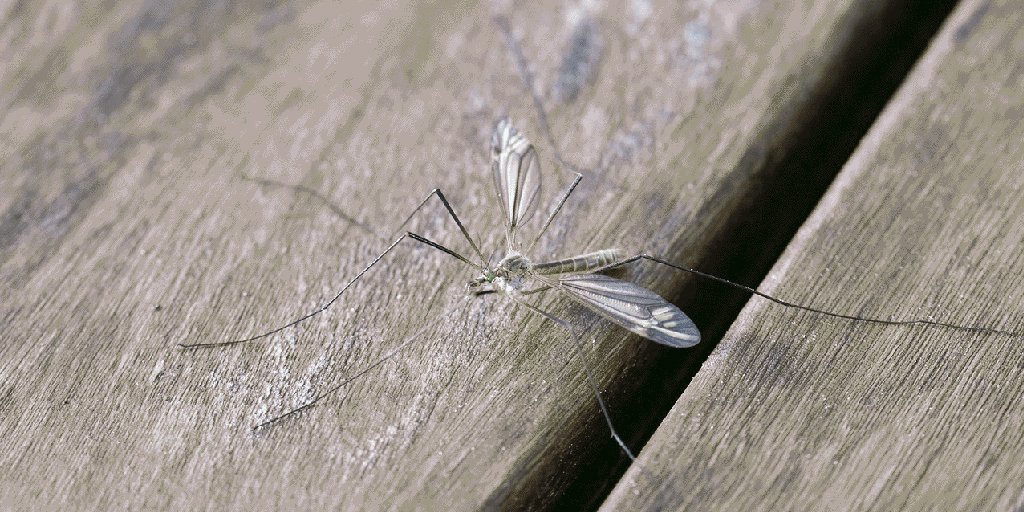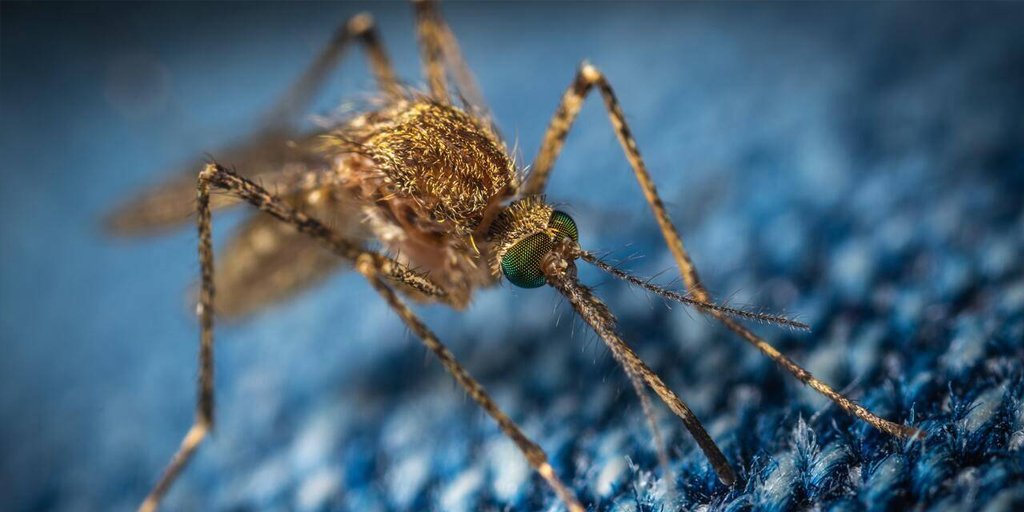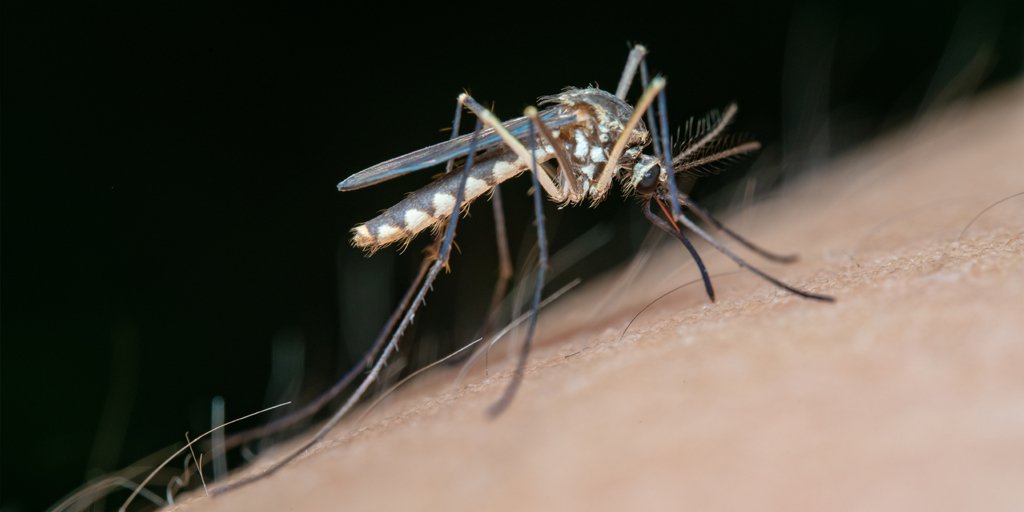Mosquito repellents are essential tools for safeguarding against pesky bites and the potential health risks they bring, such as West Nile Virus, Dengue fever, and Zika virus. However, despite their widespread use, many misconceptions persist about how mosquito repellents work, their safety, and their effectiveness. These myths can lead to misuse or avoidance, leaving people vulnerable to mosquito-borne diseases. This blog post will debunk three main misconceptions about mosquito repellents to help you make informed decisions and stay protected.
Mosquito Repellents Kill Mosquitoes
A common misconception is that mosquito repellents work by killing mosquitoes. In reality, most repellents do not kill these insects but instead make humans less attractive to them.
How Repellents Actually Work
Mosquitoes are drawn to humans by detecting body heat, moisture, and the carbon dioxide we exhale. Quality repellents contain active ingredients that interfere with a mosquito’s ability to locate humans. These ingredients, such as DEET, picaridin, or oil of lemon eucalyptus, mask the chemical signals our bodies emit, effectively making us invisible to mosquitoes.
Why This Misconception Matters
Believing that repellents kill mosquitoes can lead to unrealistic expectations. For instance:
- If you still see mosquitoes nearby after applying repellent, you might mistakenly think the product isn’t working.
- This misunderstanding may discourage proper application or reapplication, increasing your risk of bites.
The Truth
Mosquito repellents don’t eliminate mosquitoes but act as a barrier, keeping them from landing and biting. For comprehensive protection, repellents should be combined with other measures like mosquito traps, nets, and eliminating standing water around your home.
Natural Products Are Always Safer and Just as Effective
In recent years, the popularity of natural and DIY mosquito repellents has soared. While some natural products can offer a degree of protection, they are not always as safe or effective as scientifically tested and approved synthetic repellents.
The Science Behind Natural Repellents
Natural products like citronella, lavender oil, and lemongrass are often marketed as safe alternatives to synthetic repellents. While these ingredients may repel mosquitoes to some extent, their efficacy and longevity are typically lower compared to proven ingredients like DEET or picaridin.
- Shorter Protection Times: Natural repellents often need to be reapplied frequently—sometimes every 30 minutes—to remain effective.
- Limited Range: They may work against some mosquito species but not others, leaving gaps in protection.
Safety Considerations
While “natural” may sound safer, that isn’t always the case:
- Essential oils in natural products can cause skin irritation or allergic reactions, especially if used in high concentrations.
- DIY repellents lack quality control, meaning their safety and effectiveness are unpredictable.
The Truth
Natural repellents can be a useful part of your mosquito defense, but they are not substitutes for products containing clinically proven active ingredients. If you prefer natural options, look for those with EPA approval, as this ensures they’ve been tested for safety and effectiveness.
Mosquito Repellents Are Harmful to Your Health
Some people avoid mosquito repellents altogether due to concerns about potential health risks. This misconception often stems from misunderstandings about the safety of certain active ingredients, particularly DEET.
Understanding DEET and Other Ingredients
DEET, one of the most widely used and studied mosquito repellent ingredients, has been in use for over 70 years. When used as directed, it is safe for humans, including children and pregnant women. The key is to follow label instructions:
- Proper Application: Apply only to exposed skin and avoid overuse.
- Avoid Ingestion or Eye Contact: Like any chemical, repellents should not be swallowed or applied near the eyes or mouth.
Picaridin, another popular active ingredient, offers a less greasy alternative to DEET and is equally effective. Both have been endorsed by the Centers for Disease Control and Prevention (CDC) and the World Health Organization (WHO) for their safety and efficacy.
The Role of Misinformation
Sensationalized reports or anecdotal claims about adverse effects can make people wary of using repellents, despite their proven safety when used correctly. Avoiding repellents entirely can leave you exposed to mosquito bites and the diseases they carry, which often pose far greater health risks than the products themselves.
The Truth
Mosquito repellents, when used properly, are safe for the vast majority of people. Their benefits in preventing mosquito-borne illnesses far outweigh the minimal risks associated with their use. For those with sensitive skin, hypoallergenic or natural options (with EPA approval) are available.
Why Busting These Misconceptions Matters
Understanding how mosquito repellents work and their safety profile is crucial for making informed choices. Misconceptions can lead to:
- Improper use, reducing the effectiveness of repellents.
- Avoidance of repellents, increasing vulnerability to mosquito bites and diseases.
- Overreliance on less effective alternatives, creating a false sense of security.
By debunking these myths, we can promote smarter use of mosquito repellents and better protection for individuals and families.
Understand the Product
Mosquito repellents are invaluable tools for protecting against bites and mosquito-borne diseases. By recognizing and addressing misconceptions—such as the belief that repellents kill mosquitoes, that natural products are always better, or that repellents are harmful—we can use these products more effectively and confidently. Armed with accurate information, you can enjoy your time outdoors without unnecessary worry about mosquitoes.
